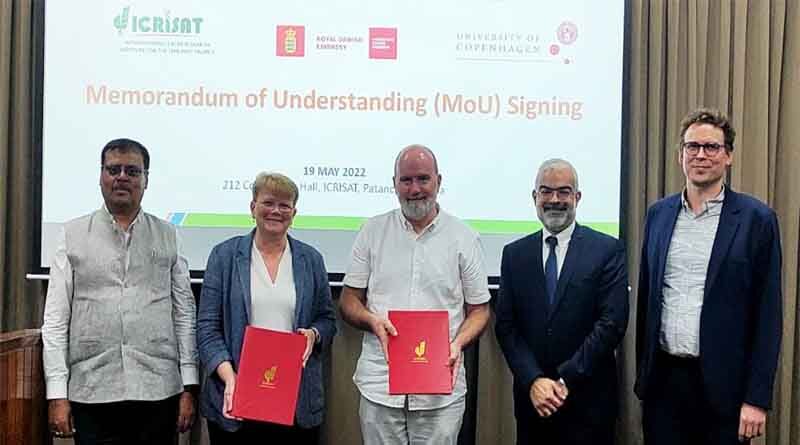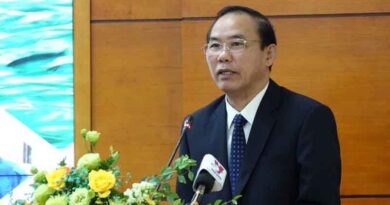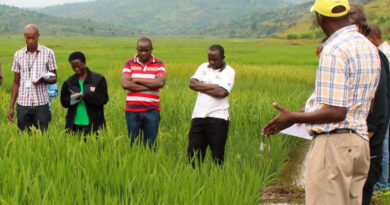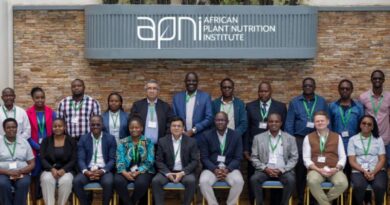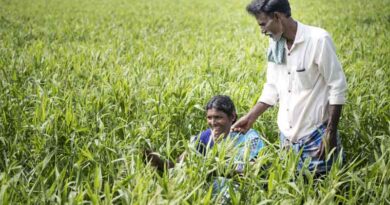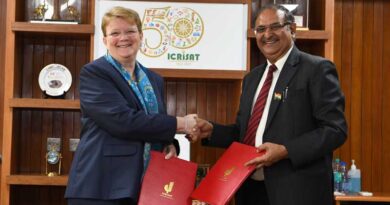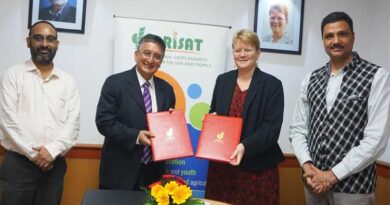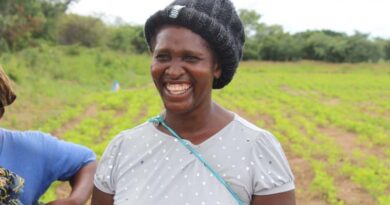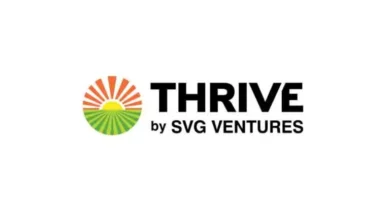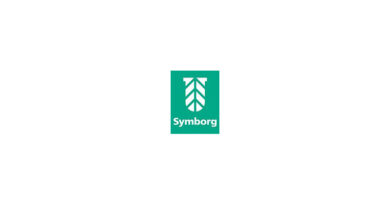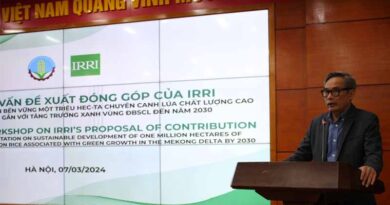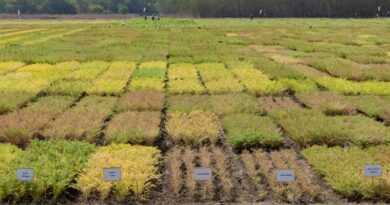Icrisat signs an mou with university of copenhagen to build sustainable agri-food systems and technologies
24 May 2022, New Delhi: ICRISAT signed an MoU with Copenhagen University’s department of plant and environmental sciences to build sustainable agri-food systems and contribute to the India-Denmark Green Strategic Partnership. The MoU was signed at the outset of a four-days’ workshop on ‘Establishing a Danish-Indian partnership on Smart Plant Protection (SPP)’ and a round table discussion on sustainable agri-food systems and technologies held between May 16-20, 2022.
The roundtable was attended by 27 key delegates from the University of Copenhagen, Borlaug Institute for South Asia, Danish Embassy, New Delhi, Echo Network, CEO 21st Bio, Novo Nordisk Foundation, Innovation Foundation Denmark, Good Food Institute – India among many other leading scientists from ICRISAT and other local institutes. The growing multi-facetted crisis in the global food system emphasizes the need for investments in Research and Development (R&D). Advances in R&D must be systematically disseminated, translated, and re-developed and R&D must increasingly be focused on problems and conditions from across the globe.
The Danish-Indian partnership on Smart Plant Protection (SPP) explored potential areas of collaboration where Danish strong points could provide transformational partnerships with Indian R&D partners. It was inaugurated with scientists from ICRISAT and the University of Copenhagen discussing synergies focusing on climate change, pests and disease management, digital tech, early warning systems and more.
As part of the deliberations, the delegates visited farmers of Lakshmipoor on pest management. Scientists from the Crop Protection and Seed Health Cluster of ICRISAT along with their counterparts from the University of Copenhagen discussed plant protection with farmers.
As many as 75 local farmers quizzed the researchers on how to deal with the pests and diseases destroying their crops. An inspiring discussion flowed, showcasing the need for a Danish-Indian partnership on smart plant protection.
The delegates also visited the International Institute of Information Technology, Hyderabad to discuss various agri-food systems and technologies. During the workshop, five start-ups presented their ideas on sustainable agri-food systems and technologies.
The roundtable discussions on sustainable agri-food systems and technologies were steered by Dr Jacqueline d’Arros Hughes, Director General, ICRISAT who emphasised that the partnership with the Danish government is with a larger goal of addressing the need for high yields, sustainability, healthy diets, climate change mitigation, equity and diversity inclusion.
Prof Prabhu Pingali, ICRISAT governing board chair and professor at Tata-Cornell Institute for Agriculture and Nutrition spoke on emerging food system challenges and technology interventions.
“The per capita consumption of staple calories has been declining quite steadily in India. The other big challenge in the food systems in India is the rising levels of undernutrition. We’re still having high levels of child stunting. Simultaneously, the country has seen a dramatic rise in obesity levels. In my opinion, the problem of undernourishment and over nourishment has pretty much the same solution. That is, improved access and adaptability to food diversity, food quality and more nutritious food,” said Prof Pingali.
Terming pests as a global issue, Pramod Aggarwal of Borlaug Institute for South Asia said – “Of late, we have been seeing lots of transboundary pests. We saw fall Armyworm coming from the African side, wheat blasts and dessert locusts anand it has been disturbing our food systems and ultimately food security.”
Contributing to the discussions on navigating to a nutritious and climate-smart food system, Nanna Roos, associate professor at the University of Copenhagen said – “We are dealing with both undernutrition and overnutrition. So, the starting point here is more of a double burden of an unbalanced diet. The transition of the food systems should be healthy and sustainable at the same time.”
With investments by the Danish government in sustainable agriculture R&D and private Danish foundations rapidly increasing to create international research groups and consortia in specialized agricultural fields, Jakob Williams Oerberg, counsellor of innovation, research and higher education at the Danish Embassy in New Delhi said that the collaboration between ICRISAT and University of Copenhagen can accelerate the research into building more resilient and sustainable agri-food systems and technologies.
During the four-day event, brainstorming sessions were held that led to the building of a roadmap for future collaborations.

